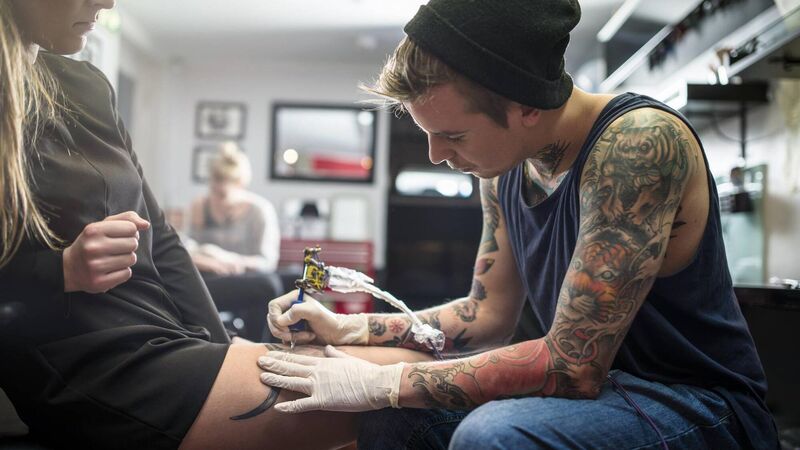Joanna Fortune: My 16 year old wants to get a tattoo, how can I get him to delay it?

Getting a tattoo can be seen as a form of self-expression, creativity, and even a way of forming an independent identity
There is no legislation governing body piercing or tattooing in Ireland, which means there is no legal minimum age. However, most studios require parental consent for those under 16 years old.








